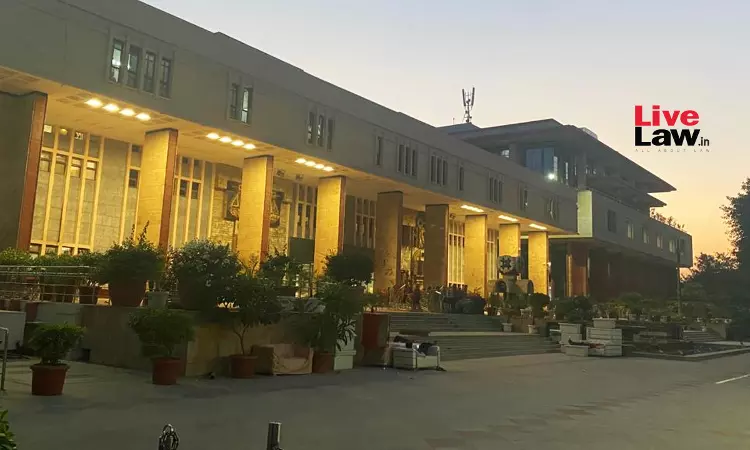While upholding ITAT's decision deleting disallowance of provisions for unsettled outstanding claims and 'Incurred But Not Reported' (IBNR) claims of health insurance company, the Delhi High Court held that provisions for unsettled outstanding and IBNR claims are not contingent liabilities, and hence allowable u/s 37 of Income tax Act. Section 37 of Income Tax Act states that any...

